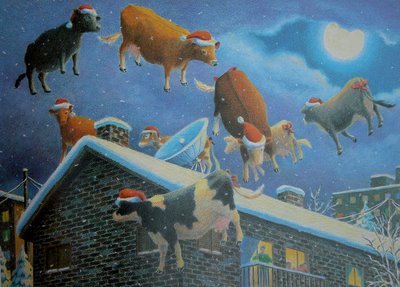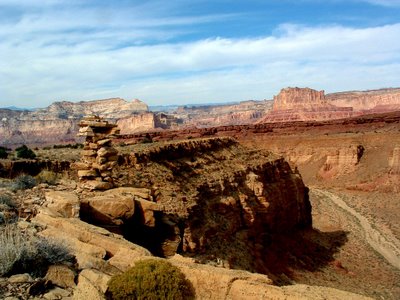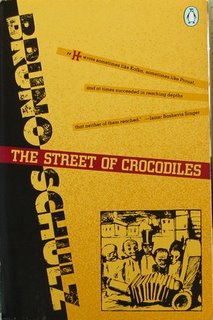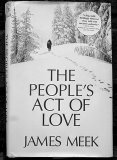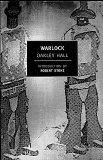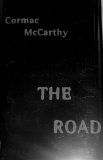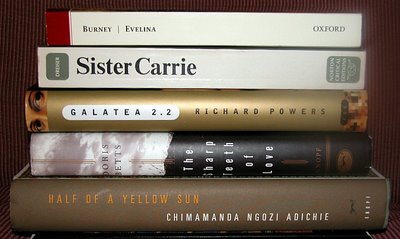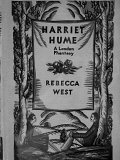I'm interested in
the findings of the Siena Research Institute, which chart a decline in student familiarity with a set list of 30 Classics selected in 1984 by then chairman of the National Endowment for the Humanities William Bennett, but I'm not sure what conclusions I should be drawing from them, especially since the study itself isn't online for perusal.
First, I do believe that high schools that offer English as a semester course--as more seem to be doing--will be turning out students who have read less than those taking a traditional year of English. It is, of course, possible for teachers to cram a year's worth of reading into a semester, but based both on the reading reports from my son's public school counterparts and the many search attempts here for
Cliff's Notes and summaries for
short stories, I am skeptical that as much reading is taking place in school these days as any English teacher would like.
But beyond that, I'm not sure how concerned I should be that all the titles listed below aren't being taught in the schools to the same degree that they were back in 1984. What's being taught in their place should matter, shouldn't it? Is it somehow better for a student to encounter Dickens in high school than, say, Camus or Kafka? Would a college professor expect more from a student if she's read
The Scarlet Letter instead of
The Handmaid's Tale? What if we substitute
The Brothers Karamazov for
Crime and Punishment? How about
The House of the Spirits instead of
Pride and Prejudice? How about
Chronicle of a Death Foretold or some Vonnegut instead of
The Catcher in the Rye? Is a field of 30 too limiting for gauging how well the classic classics are doing or ample proof that modern and multi-cultural classics have won?
I just can't get worked up that high school students aren't reading
War and Peace (I never knew they were). But if they're not reading
1984. . . then I guess we find ourselves with a bunch of politicans who've used it a a how-to-guide instead of as an admonitory tale.
Here's the list of works (shamelessly lifted from
Books Blog) and, for what it's worth (little), when my daughter, a college junior/senior, my son, a high school senior, and I first read them:
1. The Works of Shakespeare (I was required to read R&J, JC, and Macbeth in the 70s; my daughter was required to read only R&J and Macbeth; my son's read nine altogether, I think)
2. The Declaration of Independence (we've all read it)
3. Twain, Mark, Huckleberry Finn (9th grade for me, 8th for my son)
4. The poems of Emily Dickinson (just a few for all three of us in school)
5. The poems of Robert Frost (just a few for all three of us in school)
6. Hawthorne, Nathaniel, Scarlet Letter (high school for son and me)
7. Fitzgerald, Scott F., The Great Gatsby (high school for daughter and me; my son expected to read it in the spring)
8. Orwell, George, 1984 (high school for all three of us)
9. Homer, Odyssey and Iliad (bits and pieces for me in high school; full works for my daughter in college, my son in high school)
10. Dickens, Charles, Great Expectations and A Tale of Two Cities ( my son read Tale in 8th grade; I was never required to read Dickens except for Hard Times in a college history class; I don't believe my daughter's read any Dickens)
11. Chaucer, Geoffrey, The Canterbury Tales (bits and pieces in high school for both my son and I)
12. Salinger, J.D., Catcher in the Rye (daughter and I both read this extracurricularly during high school)
13. The Bible (most, if not all, for me outside school; bits and pieces for the kids outside school)
14. Thoreau, Henry David, Walden (excerpts for both son and me during high school)
15. Sophocles, Oedipus (high school, everyone)
16. Steinbeck, John, the Grapes of Wrath (high school for me, next spring for my son)
17. Ralph Waldo Emerson’s essays and poems (excerpts, son and me)
18. Austen, Jane, Pride and Prejudice (I think daughter read this while living in Germany, but none of us read Austen for school; daughter was required to read Jane Eyre)
19. Whitman, Walt, Leaves of Grass (excerpts, high school for son and me)
20. The novels of William Faulkner (I read "A Rose for Miss Emily" in school; my daughter read Light in August)
21. Melville, Herman, Moby Dick (son and I, high school)
22. Milton, John, Paradise Lost (no one required to read more than a few poems of Milton)
23. Vergil, Aeneid (I translated excerpts from Latin in high school)
24. Plato, The Republic (no one, unless daughter read excerpts for philosophy class in college)
25. Marx, Karl, Communist Manifesto (college for me, daughter probably the same)
26. Machiavelli, Niccolo, the Prince (excerpts in high school for my son)
27. Tocqueville, Alexis de, Democracy in America (college for me)
28. Dostoevski, Feodor, Crime and Punishment (high school for daughter and me)
29. Aristotle, Politics (no one required to read)
30. Tolstoy, Leo, War and Peace (no one required to read, although I read it several years back)
Maybe I'll have a more coherent thought about this once the Christmas prep is complete (panic has truly set in). Is it just that students are reading less these days or are college faculty truly frustrated that students haven't read from a set canon? And is William Bennett's list of 30 classics truly the best of the best for high school students?



